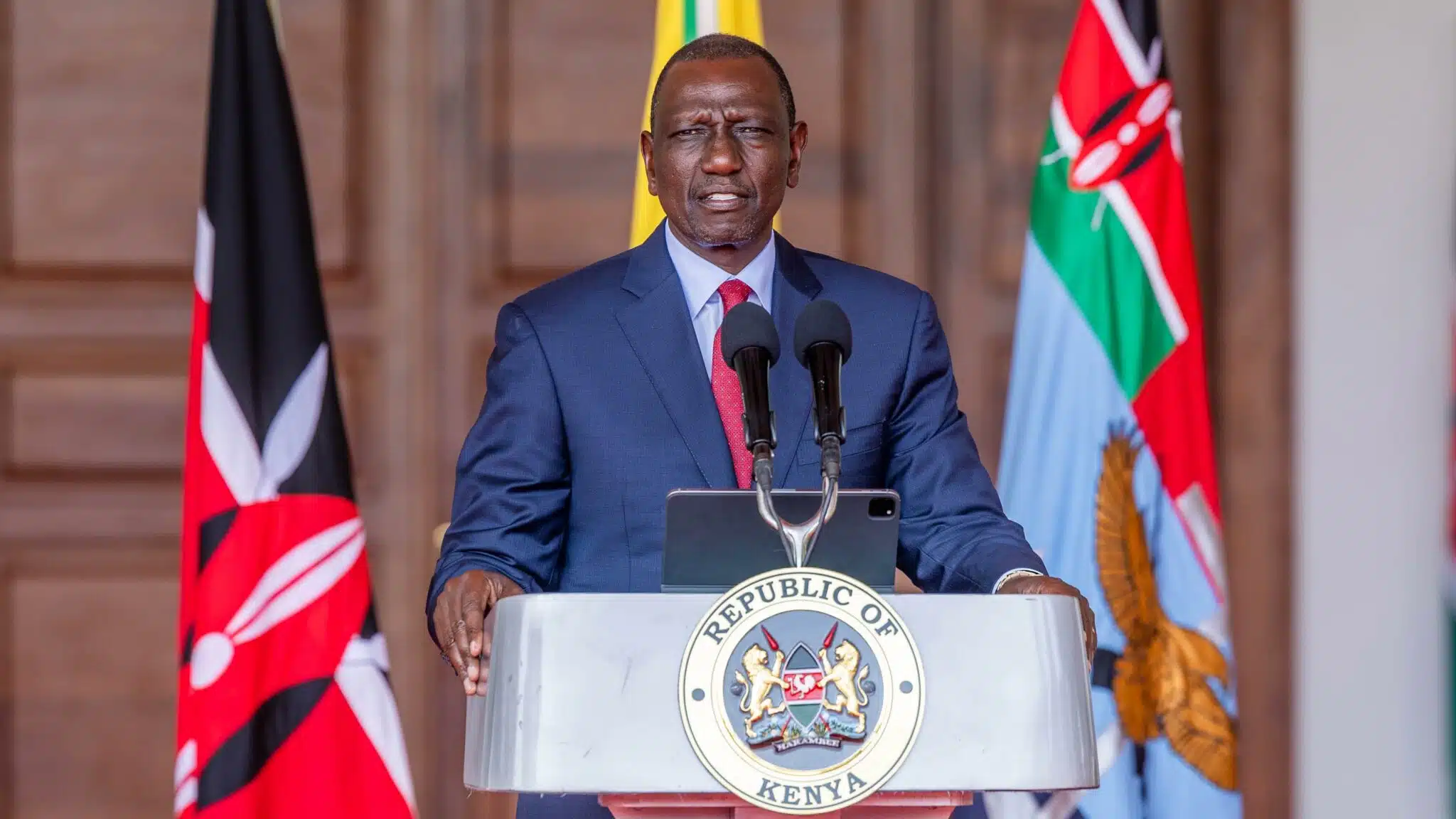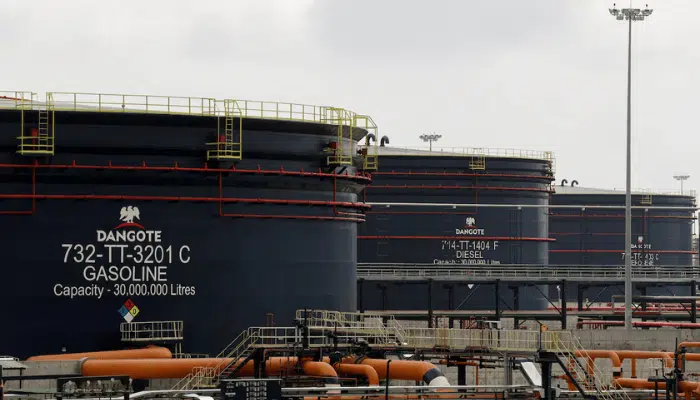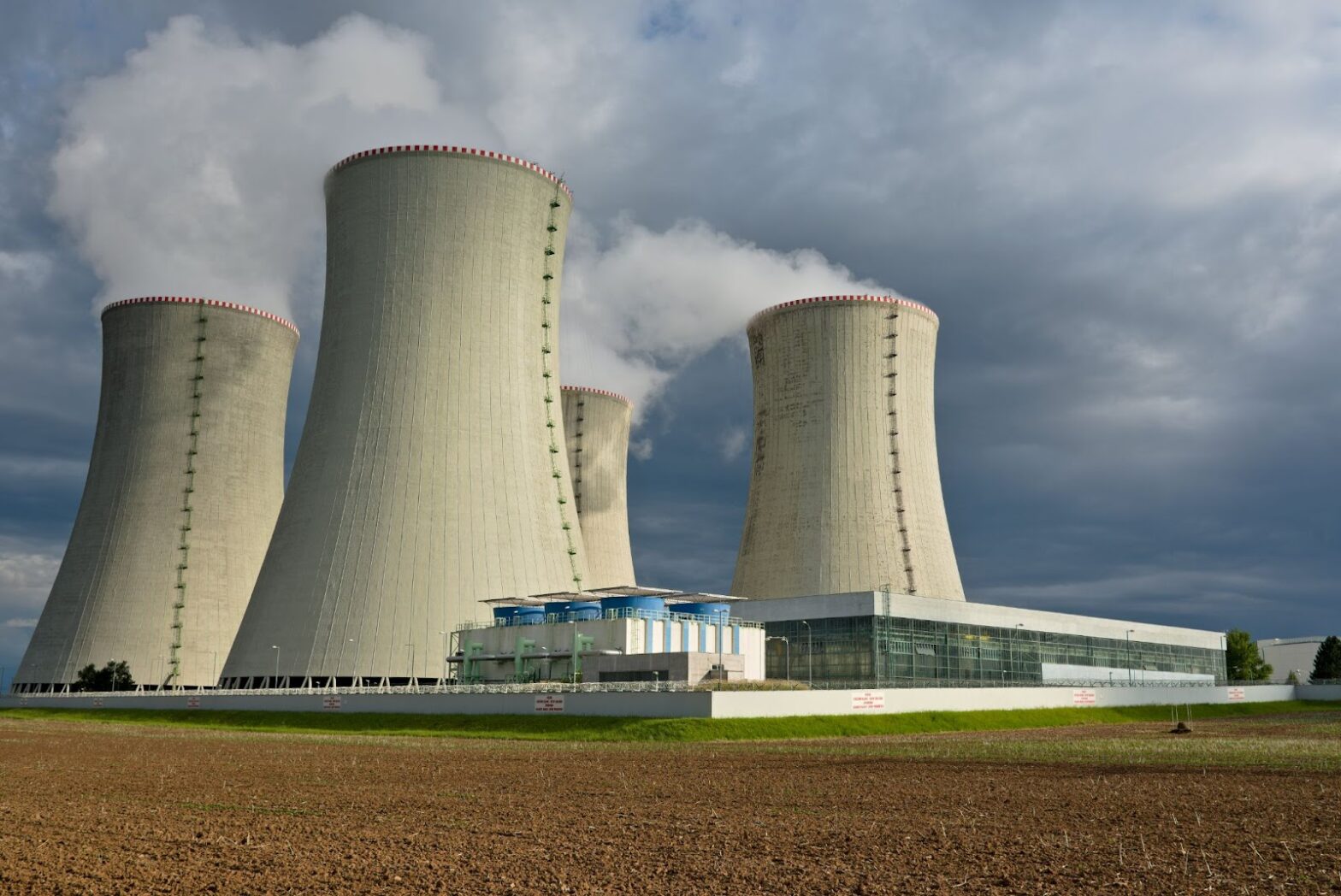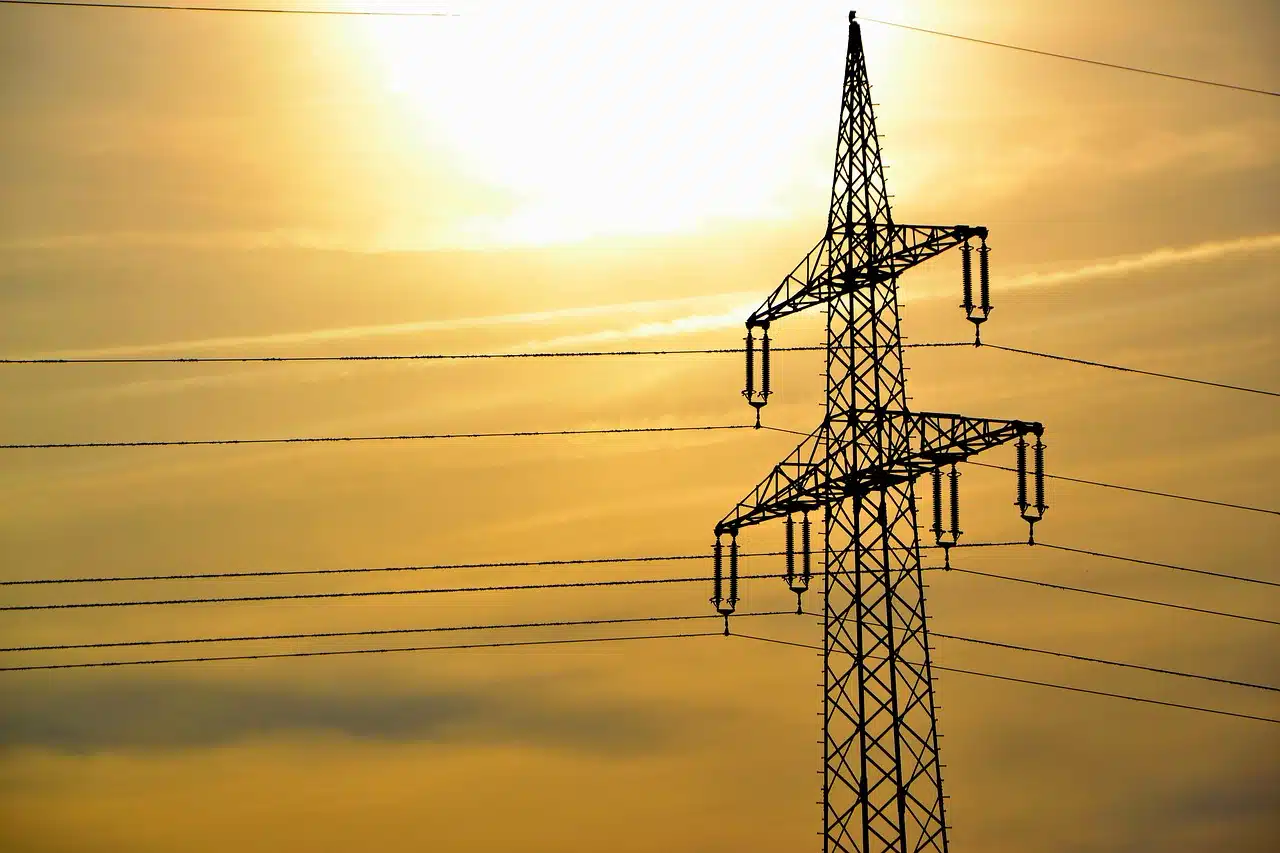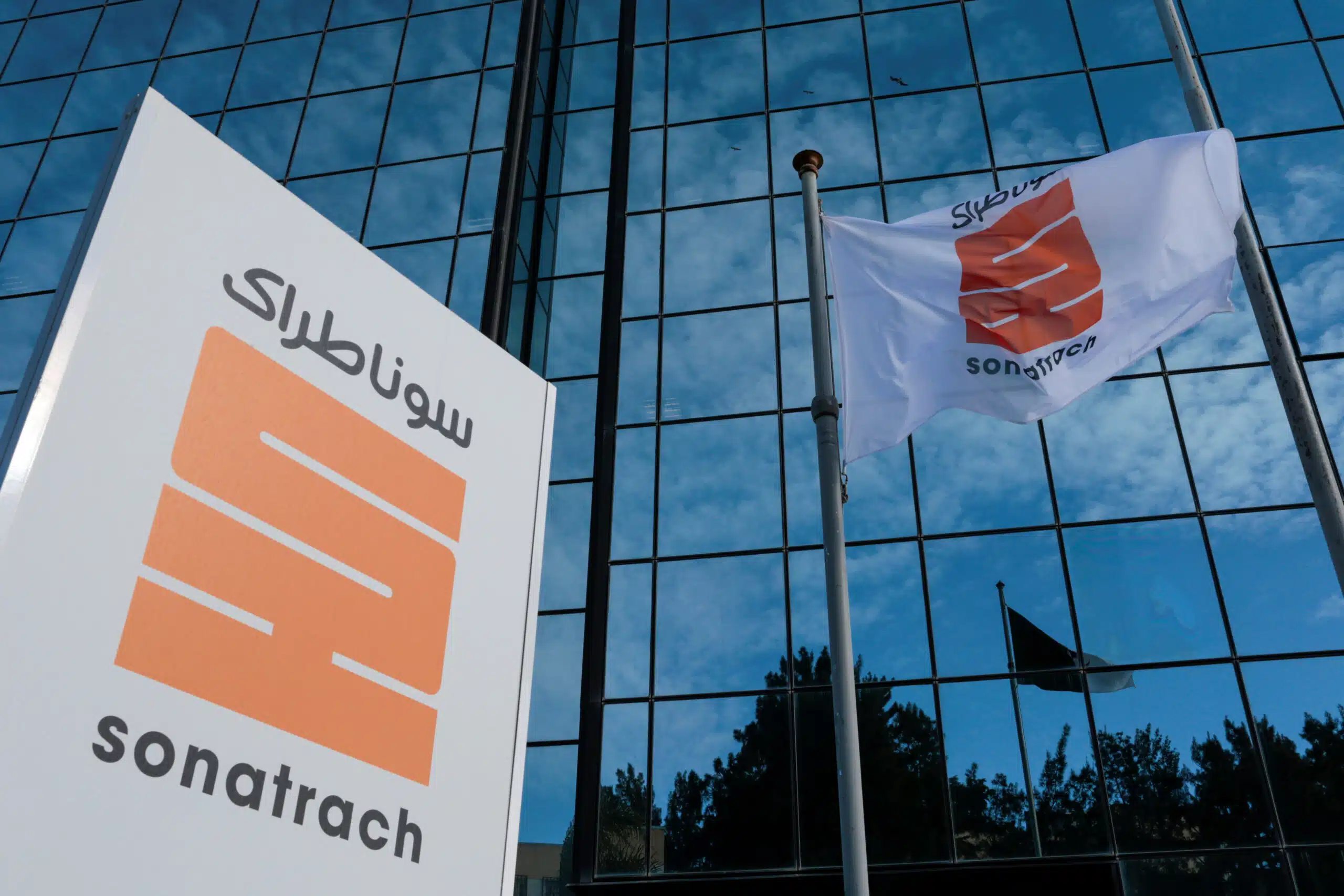The Kenyan government has formally sought parliamentary approval to privatise the Kenya Pipeline Company (KPC), one of the country’s most valuable energy infrastructure assets.
The move forms part of a broader strategy to reduce public debt and attract private sector investment into key state-owned enterprises.
The National Assembly on Tuesday received a sessional paper from the Cabinet Secretary for the National Treasury and Economic Planning under President William Ruto’s administration, proposing the privatization of KPC.
“I wish to bring to the attention of the House that the National Treasury and Economic Planning has submitted to the National Assembly a Sessional Paper proposing the Privatization of the Kenya Pipeline Company Limited (KPC),” said Speaker of the National Assembly, Moses Wetang’ula.
According to the proposal, the government plans to divest between 60–65% of its stake in KPC through an Initial Public Offering (IPO) on the Nairobi Securities Exchange.
This aligns with the government’s wider economic reform agenda aimed at boosting operational efficiency, competitiveness, and financial sustainability within key parastatals.
President William Ruto had earlier indicated the government’s intention to list KPC on the stock exchange by September 2025 as a way to attract domestic and international investors.
Wetang’ula noted that the proposed divestment would help “unlock value and improve service delivery” within the company.
Why the government is taking KPC public
The Kenya Pipeline Company operates a 1,300-kilometre pipeline network that transports refined petroleum products from the port of Mombasa through Nairobi to western Kenya and onward into Uganda.
Established in 1973, KPC has played a strategic role in Kenya’s energy distribution system across East Africa. It boasts strong profitability and significant asset value.
However, the government argues that public-sector inefficiencies and bureaucratic constraints have limited the company from performing optimally.
In addition, the company’s aging infrastructure is in need of major capital investment to modernize and expand operations.
According to the Treasury, privatisation will allow “the private sector and industry experts to drive growth, efficiency, and innovation.”
KPC is one of several strategic assets listed for sale under the Privatisation Act 2023, which provides a legal framework for government share divestments, subject to parliamentary approval.
How the public react to divestment moves
While the Treasury and Energy Ministry support the proposed sale, the plan has sparked concerns from political leaders, civil society, and KPC employees.
Prominent opposition leader Raila Odinga criticised the move, expressing fears of rising fuel prices if key state oil companies fall into private hands.
“Now I hear they want to sell parastatals. I recently talked about the oil issues we have in this country… among them oil corporations KPC and National Oil Corporation,” Odinga said.
“If they end up in the hands of private individuals, the price of oil will double a hundred-fold.”
Trade unions representing KPC workers have also raised concerns about job security and transparency, calling for guarantees ahead of any sale.
Last year, efforts to privatize KPC and the Kenyatta International Convention Centre (KICC) were halted by a court injunction.
The court cited public interest and urged the need for broader public consultation.
To avoid a similar setback, Parliament has now issued a public notice inviting citizens to submit written memoranda (opinion or feedback) on the planned KPC privatization.
If successful, the listing of KPC would mark one of Kenya’s largest state divestments in recent history.
It will make KPC the first major energy parastatal to be sold under the country’s new privatisation law.
The National Oil Corporation of Kenya (NOC) is also expected to undergo privatization in the near future, around the same time Kenya plans to commence commercial crude oil exports.

